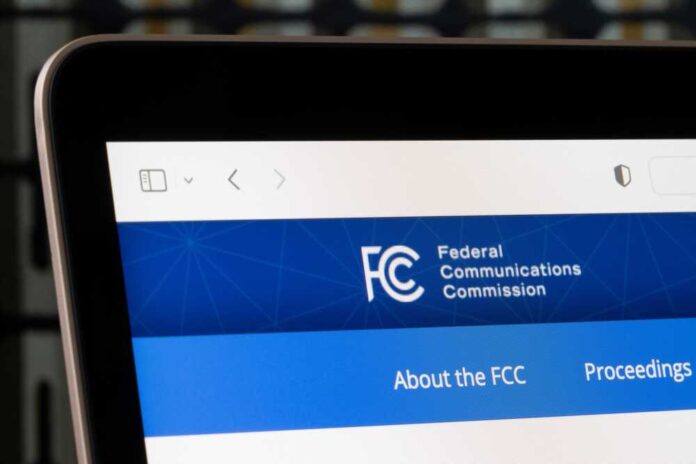
Broadband internet bills could be increasing for many low-income families starting in May when cuts are made to the Federal Communications Commission’s monthly broadband benefits plan.
On Tuesday, the federal government agency announced that these cuts are necessary because Congress hasn’t approved more funding to the Affordable Connectivity Program. The program had already stopped accepting new applications back in February.
The goal of the program is to help low-income families afford the broadband internet connectivity that today is needed for school, work and much of daily life.
Right now, the program gives $30 to qualifying families so they can have lower monthly payments. Next month, that maximum subsidy will drop to $14.
The increase will be felt more dramatically by residents who live on tribal lands. The new maximum monthly benefit is set to decrease to $35 in May, from the $75 maximum amount it was at before.
Some residents also could qualify under the program for subsidies to help pay for specific devices. The maximum amount for that will drop to $47 in May from the $100 level it’s currently at..
Just last week, Jessica Rosenworcel, the chair of the FCC, wrote a letter to Republican Representative Steve Womack of Arkansas that further ACP benefits would end after May if Congress doesn’t pass a bill that would continue to provide funding to it.
Even though the program looks like it might not be in place in the near future, the FCC said it’s still encouraging broadband providers to “keep consumers connected.” The agency said that providers aren’t obligated to offer additional discounts to households that are right now part of the ACP program, but they certainly could do so.
Media outlet The Hill reported that it’s not certain how internet providers will approach the pending situation starting in May.
In the letter she sent last week, Rosenworcel wrote:
“Today, more than 23 million households nationwide count on [the Affordable Connectivity Program] to get online and stay online, including vulnerable seniors, veterans, school-aged children and residents of rural and Tribal communities. Absent additional funding from Congress, the program will close.”
In that same letter, Rosenworcel urged members of Congress to quickly pass the Affordable Connectivity Program Extension Act. That bill would give the program roughly $7 billion more so that it could continue operating.
As she said:
“To fully participate in the digital age economy, every household needs access to broadband. … We have come too far to allow this successful effort to promote internet access for all to end.”
Broadband internet connectivity is no longer a nice-to-have, and this was quickly seen during the COVID-19 pandemic — when many adults were forced to work from home and children were forced to attend school virtually.
Without a fast and stable internet connection, and the devices to connect to the internet with, it’s next to impossible to do many things that help make people successful today. That’s why the FCC is so adamant in its support for an extension to the Affordable Connectivity Program.














